
So you may be wondering, what is type 1 diabetes, and how does it affect your immune system? Let’s take a quick look at the difference between type 1 and type 2 diabetes.
Contents
- Are Those With Type 1 Diabetes Considered Immunocompromised?
- So, What Precautions Should You Take if You Have Type 1 Diabetes During the COVID-19 Pandemic?
- Keep Your Blood Sugar Under Control
- Do Your Best to Avoid Illness
- Practice Good Hand Hygiene
- Give your Immune System a Boost
- If your Blood Sugar is Under Control, you Will be Better off in the Long Run
Type 1 diabetes is an autoimmune disease where the body's immune system attacks the beta cells in the pancreas that produce insulin. This can cause low insulin levels, which can lead to complications such as increased infections and difficulty fighting cancer. Overall, there are two main types of diabetes: type 1, which affects about 5% of diabetics, and type 2, which affects about 95%.
Type 2 diabetes occurs when your body does not produce enough insulin or does not use insulin properly. Type 2 is more common than type 1: according to the American Diabetes Association, around 95% of people with diabetes have this form of disease.
In people who have been diagnosed with both types of diabetes (but not those who have prediabetes), symptoms usually occur later in life than they do for those suffering from only one kind - thus affecting older patients more often than younger ones.
Are Those With Type 1 Diabetes Considered Immunocompromised?
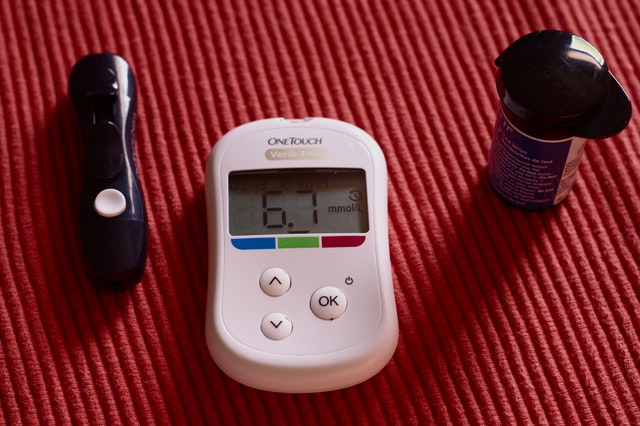
People with type 1 diabetes are not immunocompromised, according to diabetes experts. That said, it’s always best to talk to your healthcare provider about any concerns you may have regarding COVID-19 and your health. With type 1 diabetes, the body attacks and destroys its own insulin-producing cells in the pancreas.
It is an autoimmune disease. In contrast, immunocompromised individuals have a compromised immune system that can’t fight off invading bacteria or viruses well enough. This is generally caused by medications like corticosteroids and specific cancer treatments (like chemotherapy), as well as certain medical conditions such as HIV/AIDS and rheumatoid arthritis (RA).
In conclusion, these categories don't overlap: having type 1 diabetes doesn't make you immunocompromised, so people with the condition don't need to worry about extra precautions surrounding COVID-19 exposure beyond what's been recommended for everyone else.
So, What Precautions Should You Take if You Have Type 1 Diabetes During the COVID-19 Pandemic?
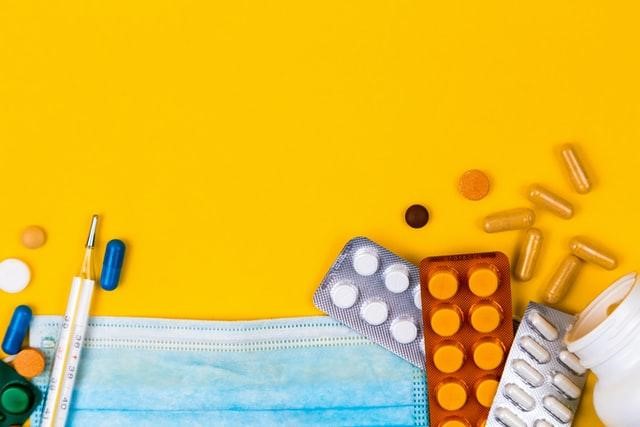
If you have Type 1 diabetes, you should take the same precautions as anyone else to protect yourself from COVID-19.
- Wash your hands often with soap and water. If soap and water aren’t available, use a hand sanitiser that contains at least 60% alcohol.
- Avoid touching your eyes, nose, mouth, or face with unwashed hands.
- Wear a cloth face-covering in public settings where social distancing measures are challenging to maintain (such as grocery stores). Cloth face coverings should not be placed on young children under the age of 2 years, anyone who has trouble breathing, or anyone who is unconscious, incapacitated, or otherwise unable to remove the mask without assistance. The cloth face cover for public spaces can help prevent people who may have COVID-19 but do not know it from transmitting it to others.
- Keep your blood sugar under good control by closely monitoring it and using insulin as prescribed by your doctor. High blood sugars can increase your risk of infections. If you are struggling with high blood sugar levels despite eating healthy foods and taking insulin as directed by your doctor, talk to them about ways you can manage this better so that you can keep your blood sugar under control during the pandemic.
Make sure you stay 6 feet away from other people when going out in public or shopping for necessities like food and medicine (social distancing). It's vital that we all do our part to reduce the spread of this virus—not just for ourselves but also for those around us who are more likely to become seriously ill if they catch COVID-19 due to their age or health conditions (like heart disease).
Keep Your Blood Sugar Under Control
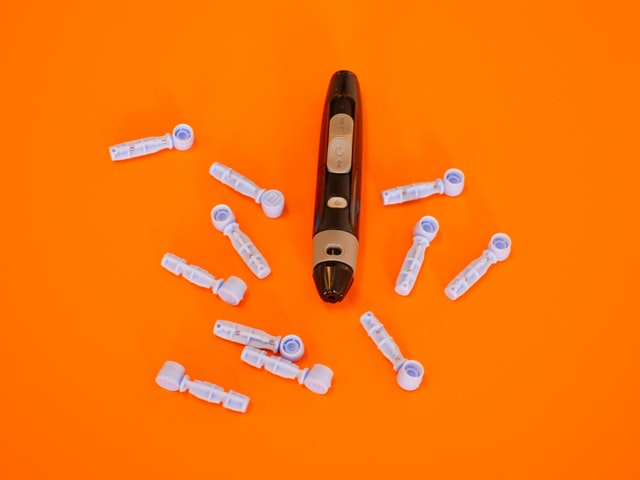
Keeping your blood sugar levels under control is essential for many reasons, but it's crucial in the context of COVID-19. Keeping your blood sugar levels regulated will prevent you from becoming seriously ill if you ever contract COVID-19.
You can keep your blood sugar under control by:
- Using test strips to check and monitor your blood sugar
- Setting goals for your blood sugar levels. You should be aiming for consistent numbers below 125 at all times.
- Use a continuous glucose monitor (CGM) or a Dexcom G6 glucose meter to track your daily levels.
- Insulin pumps are another option that can help keep your blood sugars in control more consistently than other types of insulin delivery.
- Checking your blood sugar before, during, and after any form of exercise – even mild physical movement has an impact on blood sugar!
Note: If you have any underlying health conditions aside from Type 1 diabetes, we recommend consulting with your local healthcare provider for a more tailored precautionary plan.
Do Your Best to Avoid Illness

You may find yourself having to explain your situation to friends and family. The most important thing is that they understand you are not able to be as active in the world during this time.
The following is a quick guide on what you can do during this time:
- Stay home. Avoid too many social activities, large gatherings, restaurants, bars, clubs, and other crowded settings.
- Clean surfaces like countertops, tabletops, doorknobs, bathroom fixtures, toilets, and other frequently touched surfaces daily with household cleaners. If possible, have someone else clean these areas while staying a safe distance away.
- Wear a mask when going out into public if possible, or wash your hands after touching commonly touched surfaces such as elevator buttons or door handles or the pump screen at the gas station.
- Wash your hands often with soap and water for at least 20 seconds, especially after going to the bathroom, before eating, and after blowing your nose, coughing, or sneezing. If soap and water are not readily available, use an alcohol-based hand sanitiser that contains at least 60% alcohol instead (rubbing alcohol). This will help prevent spreading germs from one person to another by touching your face with unclean hands.
- Avoid touching your eyes, nose, or mouth with unwashed hands as much as possible because germs spread this way too!
Practice Good Hand Hygiene
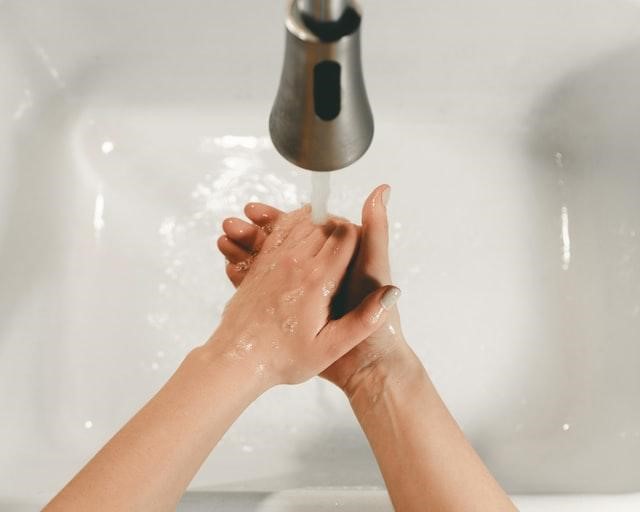
Before getting into the details of the research, it's essential to focus on some basic practices you can implement right now.
Practice good hand hygiene: wash your hands with soap and water for at least 20 seconds. This is especially important to prevent the spread of communicable diseases such as COVID-19 but also reduces your risk of developing a bacterial infection or foodborne illness by killing germs on your hands.
Wash your hands before and after eating, touching your face, handling food, and touching any surface that someone else has touched. It's by far one of the simplest yet most effective ways to get on top of things when it comes to your physical health.
Give your Immune System a Boost
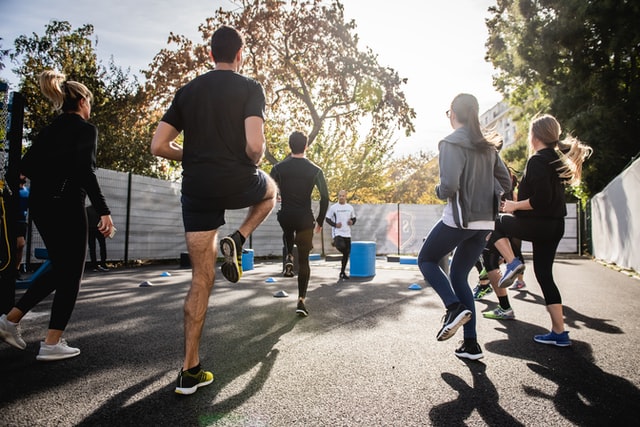
One of the best-known ways to maintain a good immune system may sound simple but is still struggled by many. Stress is a major factor in compromising the immune system, which causes inflammation in the body.
When you're stressed out, cortisol levels increase and suppress the immune system's ability to fight infection. Staying calm and relaxed helps keep cortisol levels in check so that your body can focus on fighting off illness instead of struggling with stress hormones.
You can try taking a walk in the park, following meditation exercises, reading a book, cooking, or doing whatever takes your mind off things. After all, sometimes, being unproductive is productive (and definitely a whole lot better than burnout). So, take that well-deserved break, will ya?
If your Blood Sugar is Under Control, you Will be Better off in the Long Run
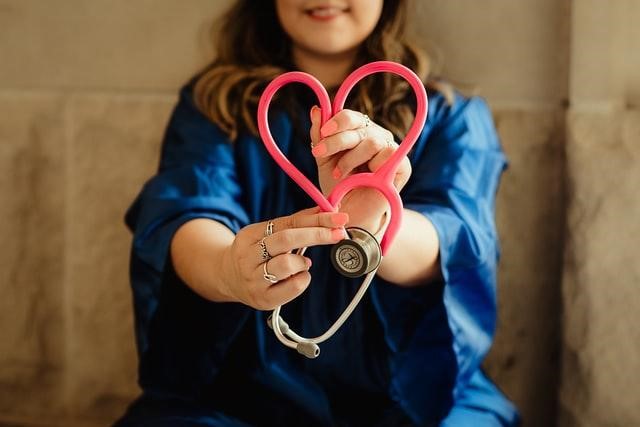
Your blood sugar has a significant impact on your immune system and health. If you keep it under control, you’re less likely to suffer from complications.
That’s why we stress the importance of keeping your blood sugar under control. You should monitor your blood glucose levels throughout the day to ensure they stay in a healthy range (80-130 mg/dL). If it’s too high, take insulin and avoid food that raises your levels further. If it’s too low, eat something high in carbohydrates and/or drink juice or soda (non-diet), but not beer or wine! Remember to also have healthy snacks available at all times.
If you follow this advice, you will find that staying within an okay range keeps getting easier as well! It is important that everyone with type 1 diabetes does their best to keep their blood sugars stable -- this means avoiding the illness at all costs since contracting one can throw them off balance for days.
Some ways to do this include: washing hands frequently when out of the house; using hand sanitiser when entering public spaces like stores; keeping alcohol swabs near where you store insulin so that when applying the medication, there's no need for soap before or after each use; avoiding contact with other people's hands as much as possible - especially if they're sick!





